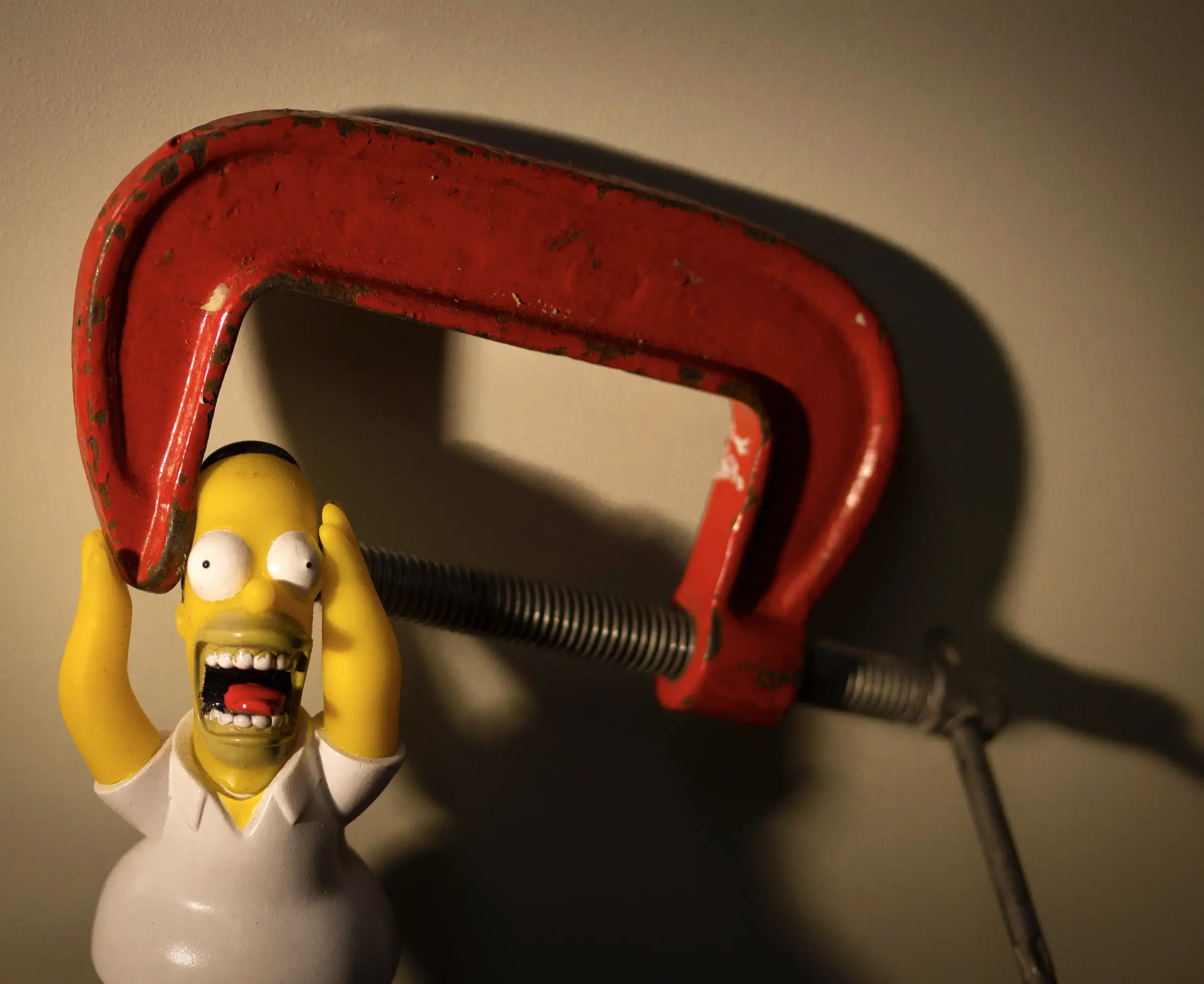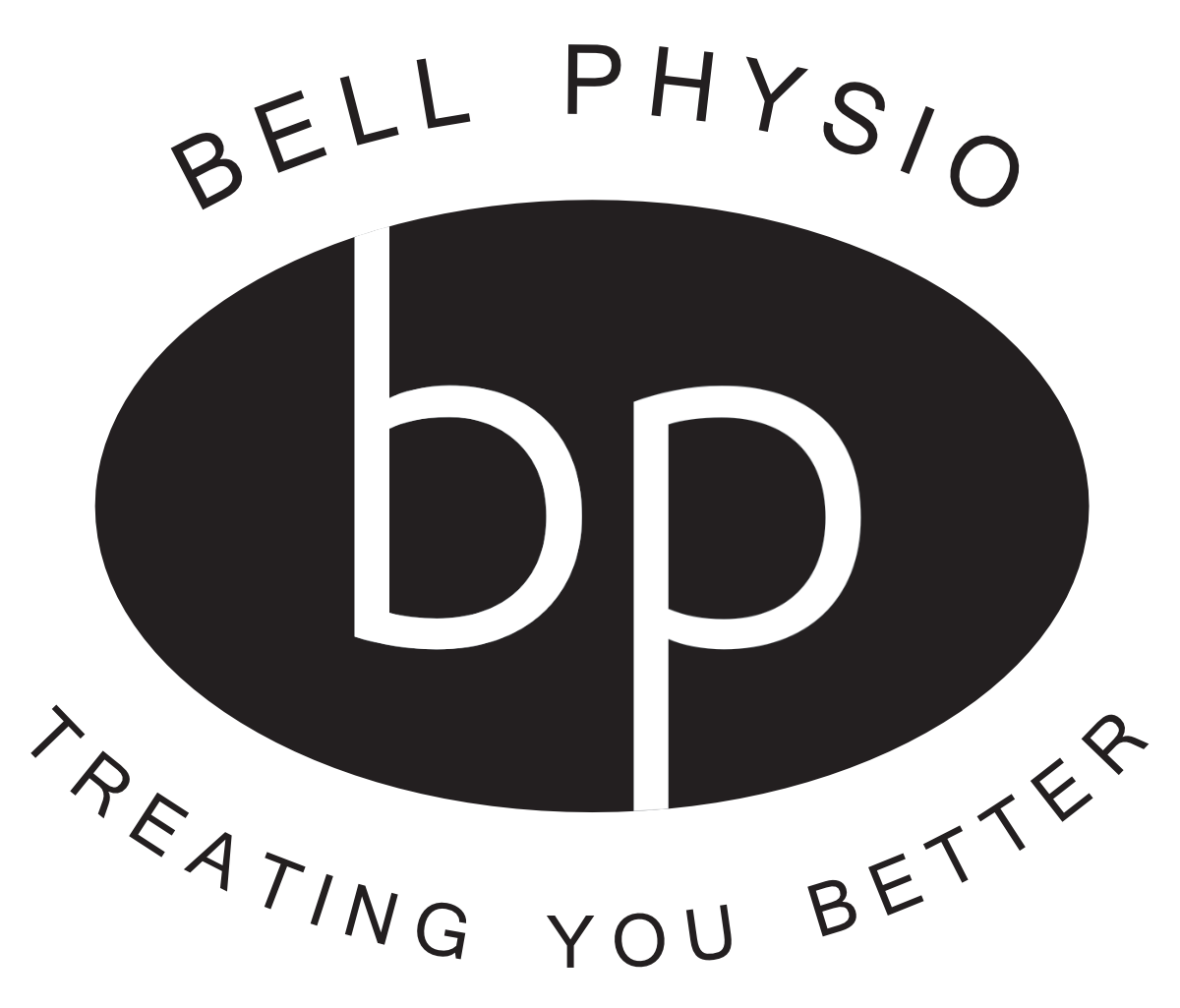Headaches
Forget what you thought you knew about headaches. New research suggests neck problems, not muscle tension or blood vessel issues, are the main culprit behind most headaches.

For years, headaches were believed to be caused by tight muscles or constricted blood vessels. But recent studies haven’t found any evidence to support these theories. Instead, researchers are focusing on a new theory: headaches stem from a hypersensitive brainstem.
Imagine the brainstem as a control center receiving information from your head, face, neck, and upper spine. Normally, it interprets these signals accurately. But if the brainstem becomes overloaded or overly sensitive, it can misinterpret even normal information as pain, triggering a headache.
So what makes this brainstem so grumpy? Poor posture, stress, and even certain foods can all be culprits. Think of it like overloading a computer system. The more negative input the brainstem receives, the more sensitive it becomes.
There’s good news, though. Medications can help in the short term, but they don’t address the root cause. Physical therapy that focuses on the upper neck muscles has shown promise. By treating the neck dysfunction, therapists can calm down the overactive brainstem and ease headaches.
Australian physiotherapist Dean Watson is a leading proponent of this approach. He’s treated thousands of patients and found that most headaches, including migraines and tension headaches, respond well to neck therapy. The key is to find a therapist who can identify if your headache originates from the neck. If recreating your headache symptoms during the therapy session relieves the pain, then neck dysfunction is likely the cause.
Here’s the exciting part: treatment can be quick. Unlike traditional approaches that may require years of therapy, calming down a sensitive brainstem can happen relatively fast. In many cases, significant improvement can be seen within a few months. Watson even suggests a five-session limit if no progress is observed.
This new understanding of headaches is a game-changer for sufferers. It suggests that most headaches are not a life sentence and can be effectively treated. So next time you have a headache, consider getting your neck checked. It might just be a grumpy brainstem in need of some calming down.
Further writing about headaches
Migraine and Salt
Not only do migraines respond to manual therapy techniques as Dean Watson has shown, but there are other factors in what enters our mouths on a daily basis, that can be modified to help. Migraine sufferers display an interesting way of dealing with sodium in their...
